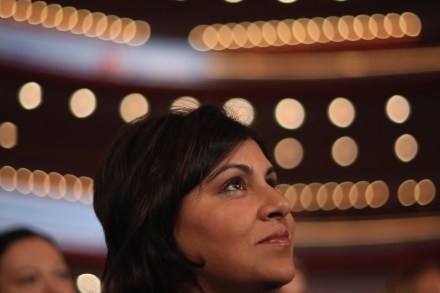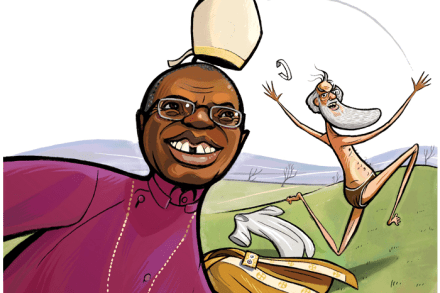From the archives: The C of E’s lack of purpose
As Easter Sunday approaches, we cast back to April 2009 when Rod Liddle presented an Easter question to leaders of the Church — what happened to muscular Christianity? Here is the article in full for CoffeeHousers: The C of E has forgotten its purpose. Why, exactly, does it exist?, Rod Liddle, 11 April 2009What did you give up for Lent? I gave up chives again. Forty-five days of deprivation. According to the ecclesiastical calendar I am allowed my first chive on Saturday — but do you know what? I’m going to say no. My willpower has become a marvel to myself; I’m saying no to chives all the way through













